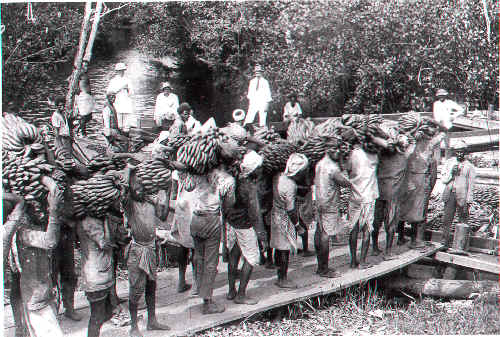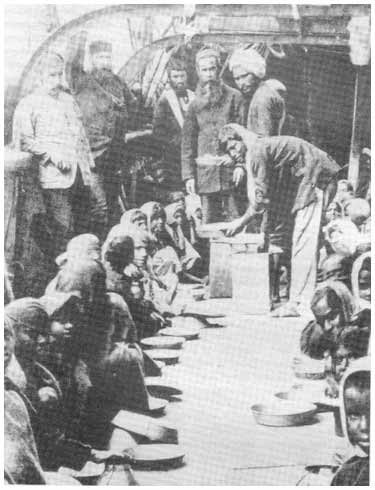Girmit Divas is a relatively new aspect on the Indian calendar in New Zealand.
The growth of the Fiji Indian Diaspora, descendants of the Girmitya, has given impetus to events to mark Girmit Day.
While I have participated in Girmit Day events over the last few years in Auckland and Wellington, writing this article for the Girmit Special of Indian Newslink has given me an opportunity to reflect on what we are marking and its relevance to the descendants of Girmitya.
Can we call Girmit Divas a day of celebration?
I doubt it.
This is because Girmit represents, amongst other things, a dark period in our history, through no fault of our making.

Ghastly impact
Our ancestors from India were only doing the reasonable thing when they entered into agreements (134 years ago) with their British masters to work in Fiji for five years. The contracts that they signed were in good faith and a pathway to work, a reasonable income and for many probably a pathway out of poverty. It was only when the Girmityas landed in Fiji that the true impact of the Girmit system hit them.
I have had reason to reflect as to why our parents and grandparents told us very little about the reasons for their arrival in Fiji and their early experiences.
It was not until my adult life that my consciousness about the Girmit system and its impact on my grandparents took form. It was only as an adult that I was able to have deep and meaningful conversations about their experiences. Their stories, like those of many others, were incredibly sad, and often devastating.
It is no wonder that hardly any Girmitya returned to India.

Incredible injustice
I see Girmit Divas as an opportunity to reflect in a sombre way on the experiences of our ancestors and realise the abject discrimination that they experienced under the British system.
They suffered incredible injustice. They were often humiliated and denied common decencies regarding their faiths, cultural practices and familial roles.
The amazing thing is that they managed to survive, maintain their beliefs, languages, and identities. They adapted to the Fijian environment, transferred their agricultural skills and later their entrepreneurial skills and became leaders.
Adaptive migrants
Indians of Fiji are the most adaptable of all migrant Indians and are well attuned to adapting to the new environments in which they find themselves.
The beneficiaries of this incredible history of the Girmityas are the current generation of Indian New Zealanders. They are smart, adaptable, well connected, culturally literate and have leadership qualities.
Is Girmit Divas a day of celebration or a day of recalling the despicable treatment meted out to our ancestors?
I believe the answer is ‘Yes’ to both questions.
 It calls for a sober reflection on the trials and tribulations of our ancestors.
It calls for a sober reflection on the trials and tribulations of our ancestors.
It calls for great celebration about who we have become in the New Zealand environment.
In all of these, we recite Girmit stories and venerate our ancestors.
We also celebrate the root of all our successes and achievements and give thanks to those who started on the journey to where we are today.
Dr Rajen Prasad is a Member of Parliament on Labour’s List and the Party’s spokesperson on Ethnic Affairs and Social Inclusion. He is one of the most widely respected Indo-Fijians for his erudition, humility and ability to adjust and adapt to any environment. His previous assignments include Race Relations Conciliator at the Human Rights Commission and Chief Families Commissioner at the Families Commission.
He has been a Director of Bank of Baroda (New Zealand) Limited since 2009 and was recently appointed as Chairman of the Board (read related story on front page of this issue).
Dr Prasad writes regularly in this publication and actively participates in organising the annual Indian Newslink Sir Anand Satyanand Lecture, which will be held this year on Monday, July 29 at Stamford Plaza Hotel, Auckland City.
*
Photo :
1. Dr Rajen Prasad with the then Prime Minister Helen Clark at the official farewell reception held in his honour at the Banquet Hall of Parliament in Wellington on August 6, 2008 on his retirement as Chief Families Commissioner of the Families Commission
2. Indentured Indian workers at a Fiji plantation during the Girmit era
3. Life of Depravation- Girmitiya and their children




